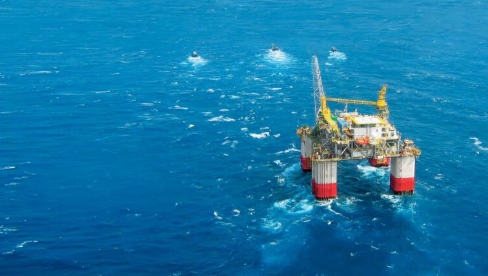Russia will not only keep its position on the global energy markets, but it expects to be able to boost its crude oil exports by up to 500,000 bpd, the equivalent of 25 million tons as the minister wrote. Russia’s total crude oil exports in five years could grow to 280 million tons, or 5.62 million barrels per day, according to Novak.
Russia’s crude oil exports rose by 2.9 percent on the year in 2018, to 260 million tons, or 5.22 million bpd, according to the TASS news agency.
Russia exports a large part of its crude oil production, mainly to Europe, although China has emerged as a big buyer of Russian crude in recent years as Beijing’s oil demand continues to grow. China is the biggest buyer of Russian oil outside Europe, while Russia became the largest supplier of crude to China in 2016, surpassing Saudi Arabia for the first time on an annual basis, EIA estimates show.
For two years after 2016, Russia was the single biggest supplier of crude oil to China, but Saudi Arabia has recently regained its number-one supplier status to China. In September, Saudi Arabia kept its number-one supplier spot, ahead of Russia and Iraq.
Russia’s plans to boost oil exports puts it, again, in direct competition in the most coveted oil demand market with Saudi Arabia—Moscow’s key ally in the OPEC+ production pact, which is cutting production, hoping to erase the global oversupply and boost oil prices.
The OPEC+ partners—led by Saudi Arabia and Russia for OPEC and non-OPEC, respectively—are set to discuss the fate of the production cuts and the future of their cooperation at a meeting in early December.
Going into the meeting, the Saudis are reportedly pressuring non-compliant cartel members to fall in line with their quotas, instead of pushing aggressively for a deeper overall cut. Russia is still non-committal, as it has been ahead of all previous such meetings, before agreeing to rollover of the deal.







